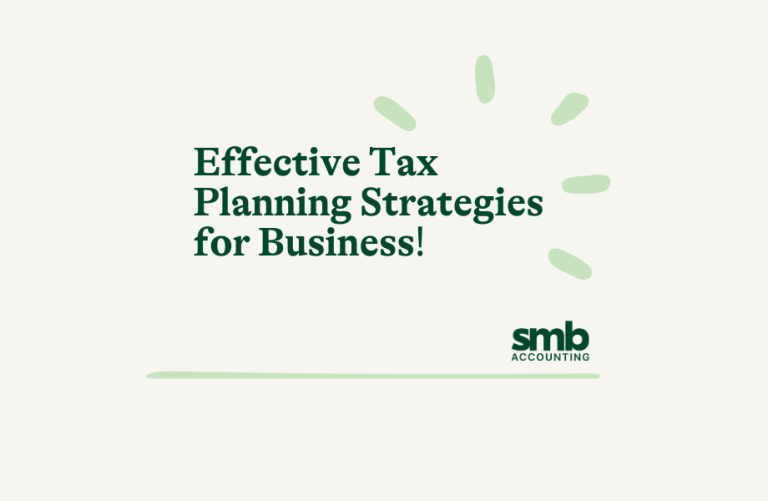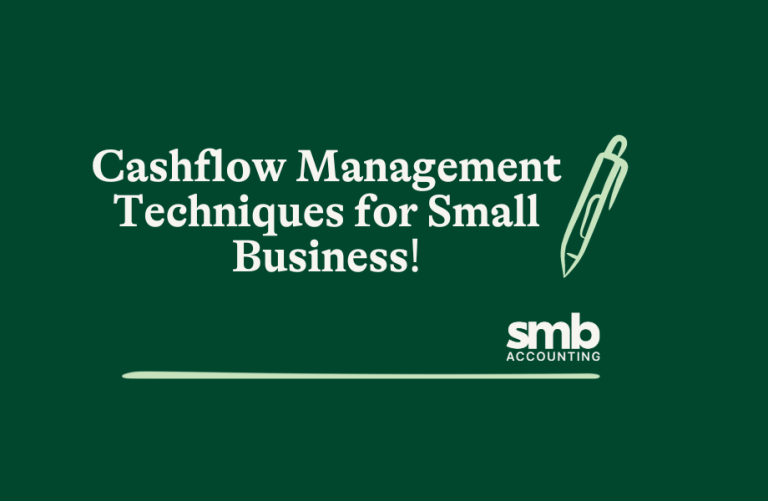Special needs audits play an essential role in ensuring that organisations serving individuals with unique requirements adhere to legal and ethical standards. These audits help maintain transparency, accountability, and compliance with regulations, safeguarding the interests of both the organisation and the individuals they serve.
Conducting a thorough and effective special needs audit is crucial for identifying areas where improvements can be made and for ensuring that all aspects of the organisation’s operations align with the established standards.
Our goal in this guide is to provide a comprehensive understanding of the significance of special needs audits. We will discuss the key steps involved in conducting these audits, highlight common mistakes to avoid, and share actionable tips to ensure ongoing compliance.
By gaining a deeper insight into the process and its importance, we can better protect our organisation and continue to deliver high-quality services to those who rely on us.
Understanding Special Needs Audits: What Are They and Why Do They Matter?
Special needs audits are thorough evaluations aimed at assessing how effectively an organisation manages its responsibilities towards individuals with unique requirements. These audits focus on ensuring that all procedures, policies, and practices adhere to the appropriate legal and ethical standards.
They ensure that the organisation’s resources are used effectively, and they promote accountability and transparency. By conducting these audits, we can pinpoint areas needing improvement and implement measures that safeguard the welfare of the people relying on our services.
The significance of special needs audits extends beyond compliance. They play a crucial role in building trust with stakeholders, including clients, families, donors, and regulatory bodies. Through these audits, we demonstrate our commitment to maintaining high standards and providing quality care.
Additionally, special needs audits help us mitigate risks, avoid potential legal issues, and ensure that we remain aligned with best practices. This proactive approach enables us to make evidence-based decisions that enhance our operations and services.
Key Steps in Conducting a Special Needs Audit for Your Organisation
1. Preparation and Planning
Before conducting a special needs audit, preparing and planning is essential. We begin by defining the scope of the audit, which includes identifying the specific areas or functions to be evaluated. This step involves gathering relevant documentation, such as policies, procedures, financial records, and previous audit reports. We also establish criteria and benchmarks that will be used to assess compliance and performance.
During the planning phase, we form an audit team with the necessary expertise and experience. This team is responsible for conducting interviews, reviewing records, and assessing practices. Clear communication with stakeholders is crucial at this stage to ensure everyone understands the audit’s purpose and objectives.
2. Fieldwork and Examination
The next step involves conducting the fieldwork and examination. During this phase, our audit team collects data through various methods, including observations, interviews, and document reviews. We evaluate whether the organisation’s practices align with established criteria and identify any discrepancies or areas of non-compliance. Detailed notes and evidence are gathered to support the audit findings.
This stage often requires extensive collaboration with staff and stakeholders to comprehensively understand the organisation’s operations. It’s important to maintain a transparent and objective approach to gauge the organisation’s adherence to standards accurately. The information collected during fieldwork is then analysed to identify trends, strengths, and areas needing improvement.
By meticulously following these steps, we can conduct an effective special needs audit that meets regulatory requirements and promotes the ongoing improvement of services and support for those with special needs.
Common Mistakes to Avoid During a Special Needs Audit
1. Lack of Preparation
One of the most significant mistakes during a special needs audit is insufficient preparation. Failing to gather all necessary documents, not establishing clear objectives, or neglecting to form a competent audit team can lead to an incomplete and ineffective audit. Preparation is crucial as it sets the foundation for the entire process. Overlooking this step can result in missed discrepancies or areas of non-compliance, undermining the audit’s credibility and effectiveness.
To avoid this, we must dedicate adequate time and resources to the planning phase. This includes compiling all relevant policies, financial records, and previous audit reports. Clear communication of the audit’s scope and purpose to all stakeholders ensures that the audit team is well-informed and ready to execute their tasks efficiently.
2. Insufficient Follow-Up
Another common mistake is not following up on identified issues and recommendations. An audit is only as good as the actions that follow it. If we fail to address the findings with concrete steps, the audit’s purpose is defeated. This can lead to recurring issues and potential compliance risks, which could have been avoided with proactive follow-up.
To mitigate this, we should develop a detailed action plan to address the audit findings. Assign responsibilities and set clear deadlines to ensure that issues are resolved promptly. Regularly reviewing progress and reassessing any issues that remain can help maintain ongoing compliance and enhance operational efficiency.
Actionable Tips to Ensure Ongoing Compliance and Safeguard Your Organisation
1. Implement Regular Internal Audits
Regular internal audits help us stay on top of compliance and catch potential issues before they escalate. By periodically reviewing our procedures, policies, and practices, we can ensure continued adherence to legal and ethical standards. Internal audits act as a proactive measure, allowing us to address concerns promptly and maintain high standards of service.
Schedule these audits at consistent intervals and use the findings to make continuous improvements. Involving staff in the internal audit process can foster a culture of accountability and transparency, further safeguarding our organisation.
2. Continuous Training and Education
Ensuring that all team members are well-versed in compliance requirements and best practices is vital for ongoing compliance. Continuous training and education equip our staff with the knowledge and skills needed to perform their duties effectively and in accordance with regulations. Regular training sessions, workshops, and updates on changes in regulations can help maintain a knowledgeable and compliant workforce.
Encourage employees to participate in professional development opportunities and stay informed about industry standards. A well-trained team is better prepared to uphold compliance and contribute to the smooth operation of our organisation.
How Special Needs Audits Can Safeguard Your Organisation
Special needs audits are an integral part of ensuring that our organisation operates within legal and ethical boundaries while providing high-quality services to those in need. By understanding the importance of these audits, meticulously preparing for them, and avoiding common pitfalls, we can conduct effective evaluations that drive improvement and maintain compliance.
Implementing regular internal audits and continuous training further supports our commitment to excellence and compliance. These proactive steps help us identify and address potential issues and foster a culture of accountability and transparency within our organisation.
By prioritising special needs audits and ongoing compliance, we safeguard our organisation and demonstrate our dedication to providing the best possible support for those we serve. If you need assistance with special needs audits or have questions about compliance, reach out to us at SMB Accounting. Our team of auditors in the Sunshine Coast is here to help you maintain high standards and ensure the success of your organisation.




